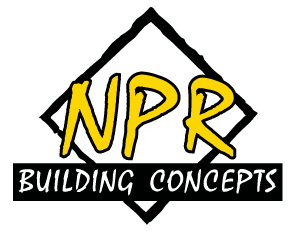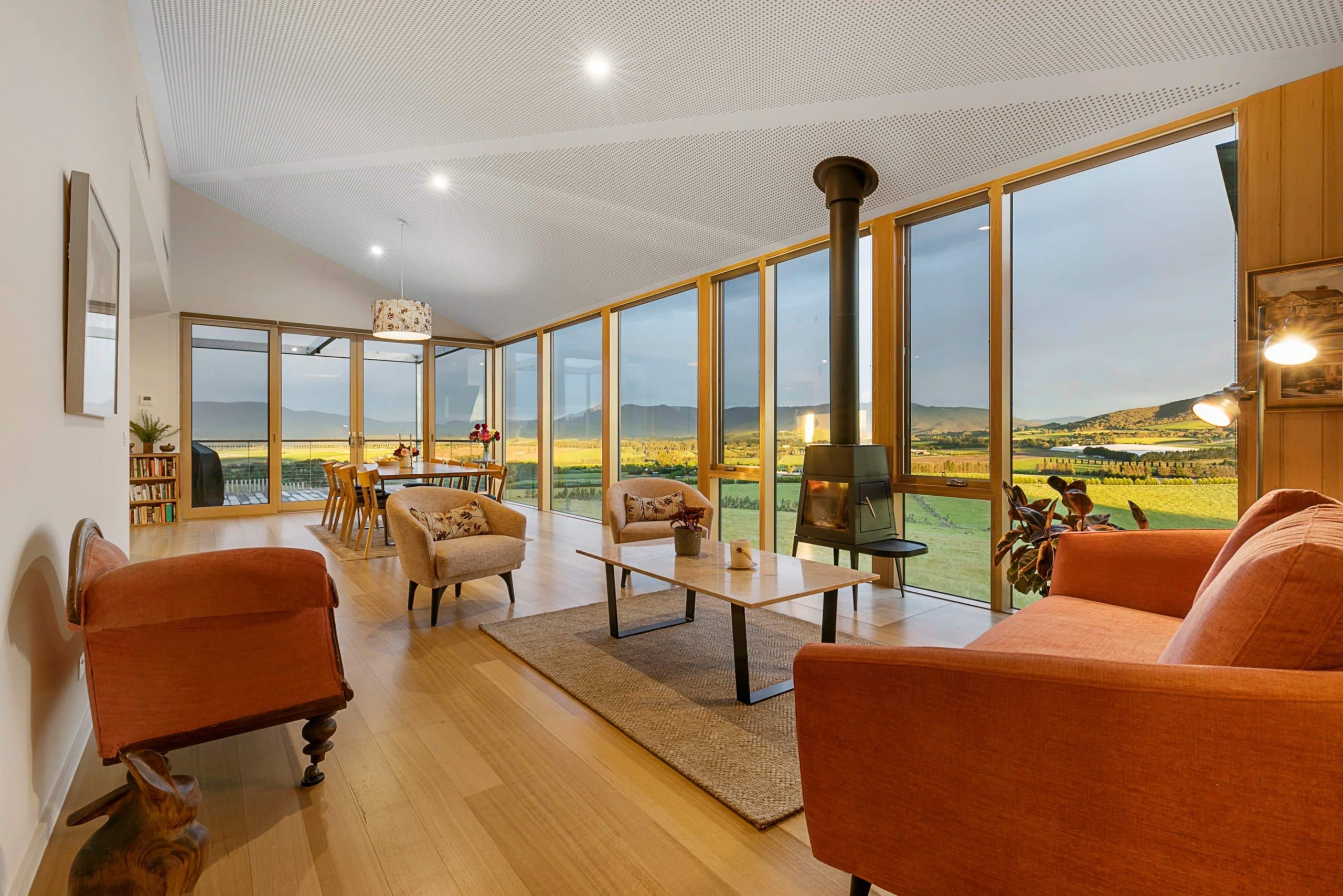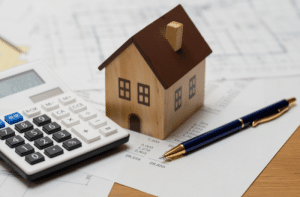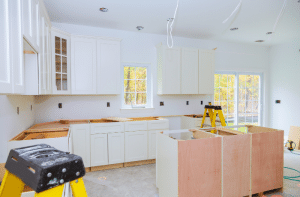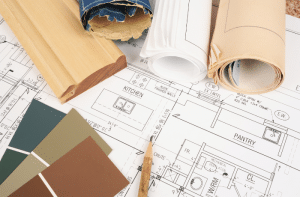Have you ever thought about adding more space to your home without moving? Home extensions or home additions can do just that. Imagine expanding your living area, updating your kitchen, or adding a sunroom to enjoy those sunny days in Melbourne.
You’ll need to talk to professionals, draw up your plans, and get the necessary approvals. Costs can vary, but with careful budgeting and the right builder, you’ll be ready. Extensions not only increase your home’s value but also let you create spaces that suit your lifestyle. There will be challenges, such as dealing with regulations. But with the right information, you can handle them.
Let’s get started on turning your vision into reality and creating the perfect space for your family.
Overview of Home Extensions
Expanding your home can turn it into the dream house you’ve always wanted. Home extensions are a common choice for Melbourne homeowners looking to add value and functionality to their property. They include additions to your existing space, whether it’s an extra bedroom, a larger kitchen, or a new living area.
In today’s housing market, extensions have become more significant. They offer a cost-effective alternative to moving, allowing you to stay in your favourite neighborhood while creating the space you need. Current trends show a shift towards open-plan living, home offices, and multi-functional spaces that adapt to your changing lifestyle.
Extensions are not just about adding space. They’re about improving your quality of life. Whether you’re making room for a growing family or creating a space for your hobbies, an extension can be customised to your needs. It’s a chance to modernise your home, improve energy efficiency, and even add smart home technology. By investing in an extension, you’re not just adding to your house – you’re building a better future for yourself and your loved ones.
Reasons for Considering Extensions
- Stay in Your Neighbourhood: Keep your connections with neighbours and enjoy your favourite local spots.
- Financially Smarter: Avoid the high costs of moving, such as real estate fees, stamp duty, and removalists.
- Increase Property Value: A well-designed extension can significantly boost your home’s value.
- Customise Your Space: Tailor the new area to fit your family’s needs and lifestyle.
- Adapt to Changing Needs: Create a space that will serve you and your family for years to come.
Types of Home Extensions
When planning a home extension, you have several exciting options. You can choose from single-storey extensions for more ground floor space, double-storey extensions to maximise vertical space, specialised additions like sunrooms or home offices, or minor extensions such as porches or bay windows.
Each type offers unique benefits, so evaluate your needs and budget to decide.
Single Storey Extensions
Single-storey extensions are popular and versatile. These additions can greatly transform your living space without the complexity of multi-storey builds. Whether you want to expand your kitchen, create a cosy family room, or add an extra bedroom, single-storey extensions are ideal.
Key benefits:
- Adaptability: Seamlessly integrate with your existing home for a cohesive look.
- Maximised space: Great for open-plan living.
- Natural light: Use large windows or skylights to create a bright, airy atmosphere.
Double Storey Extensions
Double-storey extensions offer significant extra space, doubling your square footage without losing garden area. It’s great for a growing family or creating a dream master suite.
Key benefits:
- Cost-effective: More economical per square foot than single-storey extensions.
- Versatile layout: Add bedrooms upstairs and living spaces downstairs.
- Increased property value: A well-designed extension can greatly boost your home’s market value.
Specialised Additions
Specialised additions add character and specific functionality to your home.
Popular options:
- Sunrooms: Enjoy natural light year-round in a cosy spot for relaxation or for your indoor plants.
- Conservatories: Elegant, versatile spaces for dining, a home office, or even a small greenhouse.
- Garage conversions: Transform existing space into a bedroom, home gym, or workshop, tailored to your needs.
Minor Extensions
Minor extensions are cost-effective and can greatly enhance your home without major construction.
Popular options:
- Porch addition: Create a welcoming entryway with extra storage space.
- Bay window installation: Expand a room with more natural light and a better view.
- Conservatory or sunroom: Enjoy a versatile space for relaxation or entertaining year-round.
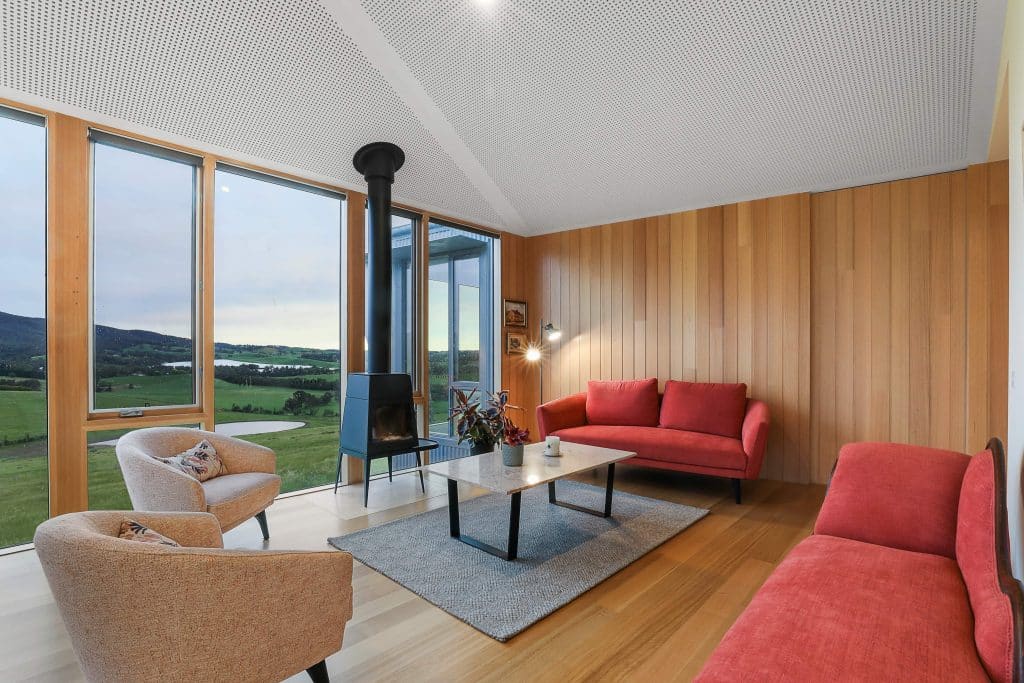
The Home Extension Process
Starting a home extension project is exciting, but you need to understand the process. You’ll begin with an initial consultation to discuss your needs and vision, then move into design development. After finalising your design, you’ll go through the planning and approval process to ensure your project meets local regulations.
Initial Consultation
The initial consultation is a crucial first step in your home extension journey. During this meeting, you’ll discuss your vision, needs, and concerns with a professional. Consider these key aspects before your consultation:
- Assess your needs: Think about why you want to extend your home.
- Set a budget: Determine how much you’re willing to invest, including a buffer for unexpected costs.
- Gather design inspiration: Collect images and materials that reflect your style.
Design Development
After the initial consultation, you’ll move into the design development phase where your vision starts to take shape. Your designer will work closely with you to create floor plans and 3D renderings, ensuring a seamless integration with your existing home. You’ll explore layout options, material choices, and how to maximise natural light.
Throughout this stage, you can voice your preferences and concerns. Your designer will guide you through decisions like selecting fixtures, finishes, and colour schemes, balancing your wishlist with practical and budget considerations. By the end of this phase, you’ll have a detailed plan ready for the next steps.
Planning and Approval Process
Once your design is finalised, you need to navigate the planning and approval process. This involves obtaining necessary permits and meeting local council regulations. In Melbourne, you’ll likely need:
- Building permits
- Planning permits (if applicable)
- Special permits for heritage overlays or environmental considerations
Financial Considerations
Planning your home extension includes understanding and managing the financial aspects. Start by getting accurate cost estimates, consider the factors that could influence your budget, and develop effective management strategies.
Getting Cost Estimates
Getting an approximate cost estimate is crucial for planning your home extension. Here are a few steps to help you get started:
- Consult with Professionals: Talk to builders, architects, and contractors to get rough quotes based on your initial ideas. This will give you a ballpark figure.
- Online Estimate Tools: Use online tools like the NPR Cost Estimator, which allows you to input your project specifics and get an estimated range.
- Research Similar Projects: Look at case studies or ask friends and neighbours who have done similar projects to get an idea of what they spent.
WANT AN INSTANT ESTIMATE FOR YOUR PROJECT?
Influencing Factors
Several factors can impact your budget:
- Material Choices: Range from budget-friendly to high-end finishes. Quality materials can save money in the long run.
- Labour Costs: Complexity of the project affects the skill level and time needed, thus impacting labour expenses.
- Project Complexity: More complex projects (multi-storey, structural changes) are more expensive. Site accessibility and the need for new systems (plumbing, electrical) also add to the cost.
Budget Management Strategies
Effective budget management is key to a successful extension. Create a detailed budget that includes all costs, and don’t forget a contingency fund for unexpected expenses.
Strategies to keep your finances on track:
- Break down the project into phases to spread costs.
- Compare quotes from multiple contractors to ensure competitive pricing.
- Explore cost-effective material alternatives without compromising quality.
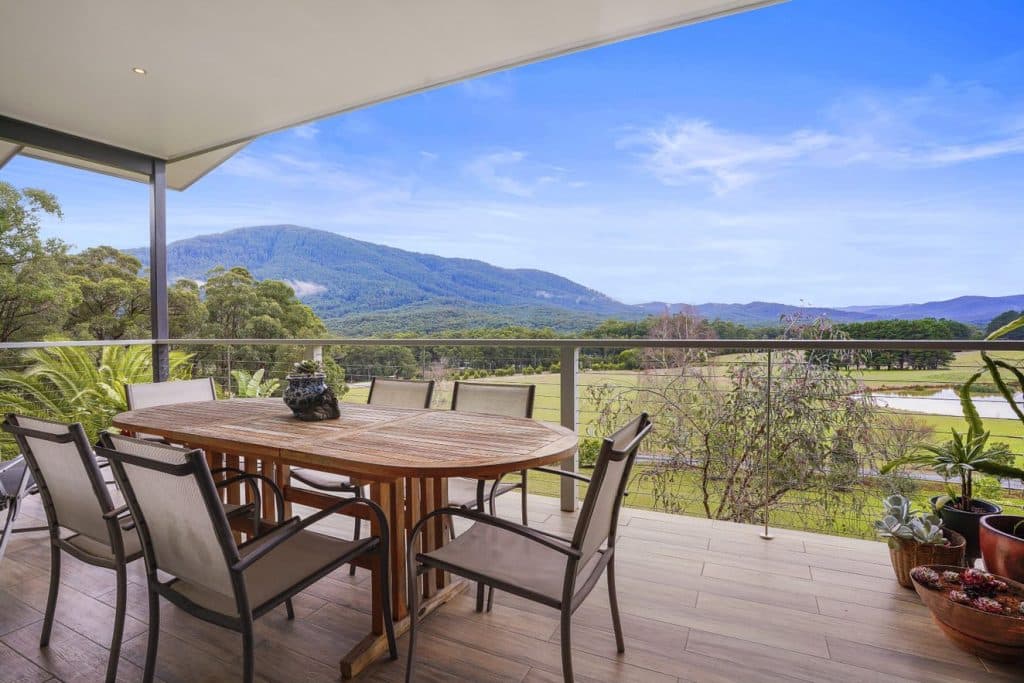
Selecting a Builder
Choosing the right builder for your home extension is crucial. You’ll need to look at their reputation, experience, and range of services. Client feedback, focusing on reliability, communication, and quality of work, is also essential.
Evaluating Reputation and Experience
Before starting your extension project, thoroughly evaluate the reputation and experience of potential builders. Here’s how to do it:
- Check Online Reviews and Ratings: Look at feedback from previous clients.
- Contact References: Speak directly with past clients.
- Visit Completed Projects: If possible, see the builder’s work firsthand.
Range of Services Offered
The builder’s range of services can make or break your project. Ideally, choose a contractor who provides comprehensive services from design to completion. An all-inclusive approach can save time, money, and reduce stress:
- End-to-End Services: From initial design concepts to final touches.
- Planning Permissions: Assistance with necessary permits.
- Construction Management: Oversees every aspect of the build.
Client Feedback
Client feedback is invaluable in understanding a builder’s reliability and quality of work. Consider the following:
- Detailed Reviews: Look for specifics on timeliness, communication, and problem-solving skills.
- Handling Challenges: Note how the builder dealt with unexpected issues.
- Relevant Projects: Seek testimonials from clients with similar extensions.
Don’t hesitate to ask for references and speak directly with past clients. This provides a clearer picture of what it’s like to work with the builder. By scrutinising client feedback, you make an informed decision, ensuring a positive extension experience.
Advantages of Home Extensions
Extending your home offers numerous benefits, making it a worthwhile investment. Adding extra space increases your property value and enhances functionality to suit your needs better. A well-planned extension can significantly improve your lifestyle, allowing you to tailor your living space to your preferences.
Increased Property Value
One of the most compelling reasons for a home extension is boosting your property’s market value. A well-executed extension can significantly increase your home’s worth, often exceeding the initial cost.
To maximise the value-added:
- Quality of Workmanship: Ensure professional design and construction.
- Functionality: The new space should serve a purpose appealing to potential buyers.
- Aesthetics: The extension should blend seamlessly with your existing home’s style.
Enhanced Functionality
Home extensions greatly enhance your living space’s functionality. Customising your home to meet your family’s evolving needs creates a more versatile and comfortable environment.
Consider how your lifestyle has changed. A home office for remote work, a playroom for kids, or a guest suite for visitors can make daily life easier. Improved traffic flow and storage solutions, like built-in shelving or a walk-in pantry, make your home more livable and organised.
Lifestyle Improvements
Home extensions open up new possibilities for living, working, and playing. They can greatly enhance your quality of life by providing the space and amenities you’ve always wanted.
By extending your home, you create opportunities for:
- Better Work-Life Balance: A dedicated home office or studio.
- Enhanced Family Time: Larger living areas encourage togetherness.
- Improved Health and Wellness: A home gym, meditation room, or spa-like bathroom.
These improvements aren’t just about comfort. They create a space that reflects who you are and how you want to live, making your home a sanctuary tailored to your needs.
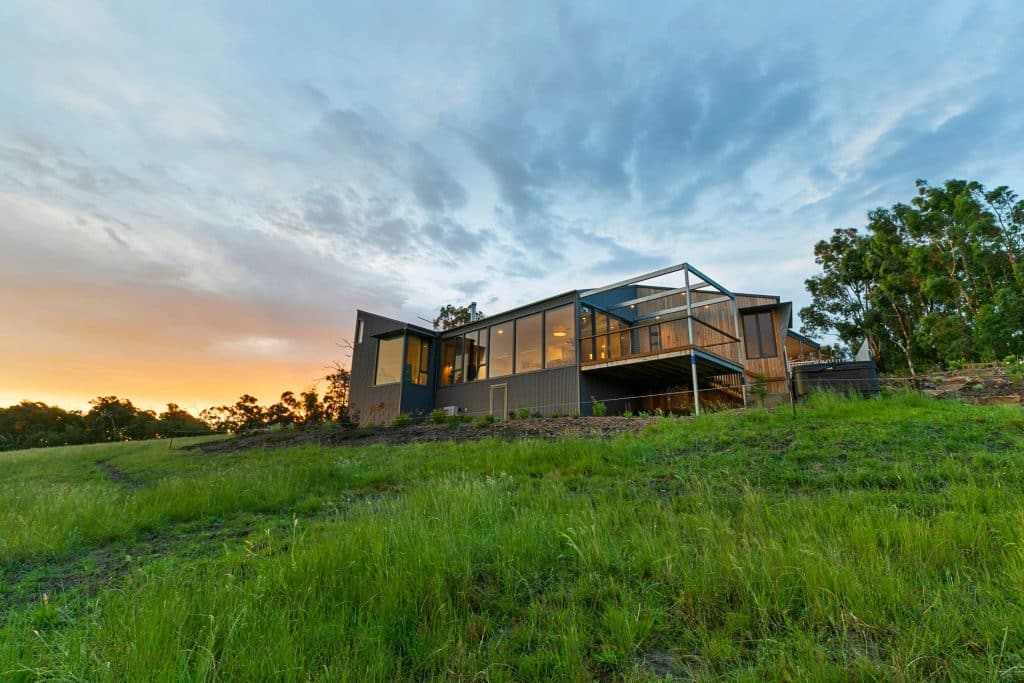
Challenges in Home Extensions
Home extensions are exciting, but you’ll face challenges. Navigating regulatory hurdles and managing the construction impact on your daily life and neighbours is crucial. Proper planning and communication are key.
Navigating Regulatory Hurdles
Dealing with regulatory hurdles is one of the most challenging aspects. You’ll likely encounter planning permission issues. Understanding common problems and solutions can help you navigate this process smoothly.
To address planning permission hurdles:
- Research Local Zoning Laws and Building Codes: Before submitting your application, understand local regulations.
- Consult with Neighbours: Early conversations can address their concerns about your extension plans.
- Hire a Professional: A professional architect or planning consultant can guide you through the process and increase your chances of approval.
Managing Construction Impact
Construction can disrupt your home, but careful planning can minimise this. Establish clear communication with your contractor. Regular updates will keep you informed and help manage expectations.
Steps to manage construction impact:
- Set Up a Designated Work Area: Create barriers to contain dust and debris.
- Relocate Sensitive Items: Temporarily move valuable items and furniture to protect them.
- Schedule Noisy Work: Plan noisy tasks when you’re away or when they will cause the least disturbance.
- Inform Your Neighbours: Give them a heads-up about the upcoming work.
- Create Temporary Spaces: If areas like the kitchen are affected, set up temporary alternatives.
Stay flexible and be prepared for unexpected challenges. The inconvenience is temporary, and the result will be worth it. By following these strategies, you’ll navigate the construction process more smoothly and maintain your sanity. Soon, your home will transform into the space you’ve always envisioned.
Frequently Asked Questions
How Long Does a Typical Home Extension Project Take to Complete?
You’ll find that a typical home extension usually takes 3-6 months to complete. But don’t worry! It’s worth the wait. Your patience will be rewarded with a beautiful new space that you’ll love sharing with family and friends.
Can I Live in My House During the Extension Construction?
Yes, you can usually stay in your home during construction! It might be a bit noisy and dusty, but with good planning and communication with your contractor, you’ll manage just fine. Many homeowners do it successfully every day!
Will a Home Extension Increase My Property Taxes?
Yes, your property taxes will likely increase after a home extension. You’re adding value to your home, which is great news! Just remember to factor this into your budget when planning your exciting new space.
How Long Does a Typical Home Extension Project Take to Complete?
You’ve got plenty of eco-friendly options for your home extension. From sustainable materials to energy-efficient designs, you’ll be amazed at how green your project can be. Let’s make your home extension both beautiful and environmentally responsible!
How Much Maintenance Do Home Extensions Require Compared to Existing Structures?
You’ll find that home extensions typically require similar maintenance to your existing structure. They’re part of your home now! Regular upkeep, like painting and checking for leaks, will keep your new space in top shape alongside the rest.
Conclusion
You now have the key information needed to start your home extension project. It’s an exciting journey that will transform your living space. Don’t be intimidated by the process; with careful planning and the right team, you’ll handle challenges smoothly. Whether you’re adding a new room or expanding your kitchen, your extension will increase your property’s value and improve your quality of life.
By partnering with NPR Building Concepts, you’re choosing a team dedicated to quality, transparency, and seamless project execution. With over 25 years of experience, comprehensive project management, and a commitment to using premium construction materials, NPR ensures your extension blends perfectly with your existing home.
We provide fixed-price contracts, offer a disruption-free process, and maintain high standards through our 22-point Quality Control checklist. Your satisfaction is our priority, and we continue to support you even after the project is completed.
Why wait to enjoy the home of your dreams? Contact NPR today to schedule your consultation and take the first step towards transforming your living space.
